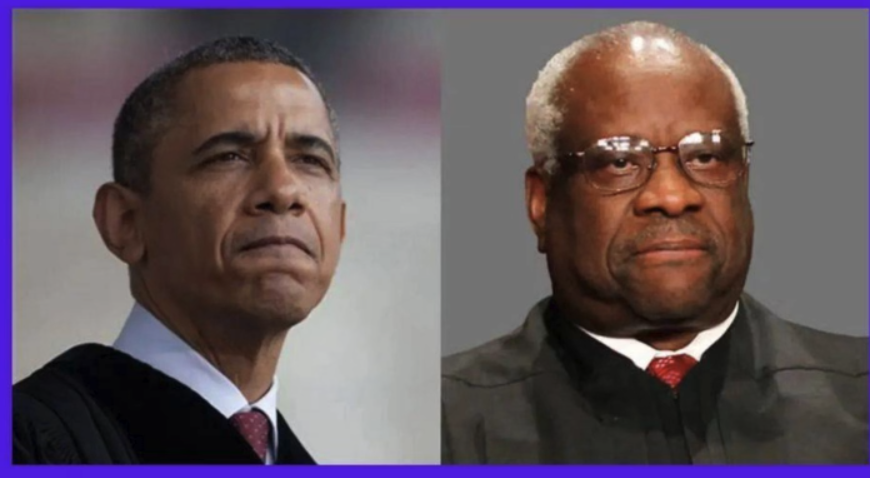SUPREME COURT FACES CONSTITUTIONAL CROSSROADS AS FORMER CLERK CHALLENGES MARRIAGE EQUALITY IN UNPRECEDENTED RELIGIOUS LIBERTY CASE
The United States Supreme Court stands at a pivotal constitutional moment as it weighs whether to hear a case that could fundamentally reshape the landscape of marriage equality and religious liberty in America. Former Kentucky county clerk Kim Davis, who drew national attention in 2015 for refusing to issue marriage licenses to same-sex couples, has petitioned the nation’s highest court to overturn the landmark Obergefell v. Hodges decision, which established marriage equality as a constitutional right nearly a decade ago.
Davis Case Emerges from Years of Legal Battle
Kim Davis’s journey from a local county clerk to a national symbol of religious resistance began in 2015, when she refused to issue marriage licenses to same-sex couples in Rowan County, Kentucky, citing her deeply held Christian beliefs. Her defiance of federal court orders led to six days in jail for contempt of court, turning her into a polarizing figure—venerated by religious conservatives and condemned by LGBTQ+ rights advocates.
What began as a personal stand against performing duties she felt violated her conscience has since evolved into a broader constitutional challenge against marriage equality itself. Her attorney, Matthew Staver, has framed a petition that goes far beyond Davis’s individual circumstances, challenging the fundamental legal reasoning underpinning the Supreme Court’s 2015 decision.
This case represents the most direct threat to marriage equality since its establishment, emerging amid a conservative-leaning Supreme Court willing to overturn longstanding precedents, as demonstrated in the 2022 Dobbs v. Jackson Women’s Health Organization decision, which eliminated the constitutional right to abortion. This precedent has emboldened advocates like Staver to pursue similarly ambitious legal strategies.
Davis’s story intersects with larger constitutional debates over the balance between religious liberty and civil rights. Her supporters portray her as a conscientious objector forced to choose between her faith and public duty, while critics view her actions as an abuse of public authority that denied equal treatment under the law.
The legal and financial stakes are considerable. Staver notes that Davis faces “hundreds of thousands of dollars” in liabilities from her refusal to comply with court orders, a point used to argue that Obergefell’s consequences are “ruinous” for those with religious objections to same-sex marriage.

